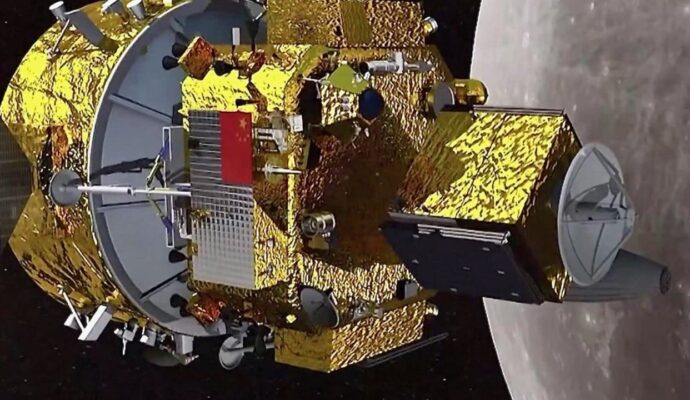One of the European Union’s top power systems experts, Wang Xiongfei, has come full circle after returning to China to take a leading academic role at Tsinghua University.
Advertisement
He has led more than 40 research projects funded by the EU, Denmark, Sweden and various corporations. He has collaborated with grid companies in Germany, the Netherlands, Belgium and Denmark and has partnered with companies such as ABB, Vestas, Infineon, Hitachi Energy, Ørsted and Shell, according to Tsinghua’s website.
The university said Wang, whose new role at Tsinghua officially began in May, according to his LinkedIn post, was also taking part in the design and construction of one of the world’s first offshore energy hub islands in Denmark, which provides grid protection for European offshore wind farms connected to direct current transmission.
He developed and commercialised software that automatically measures the impedance profiles of power electronic systems. The tool, which analyses the stability of energy grids, has been widely adopted by power grid companies and universities worldwide.
Advertisement
Wang began his academic journey at Yanshan University, a public institution in Qinhuangdao, Hebei province, where he completed his undergraduate studies in 2006. He earned a master’s of science degree in electrical engineering from the Harbin Institute of Technology in 2008.
In 2009, Wang began his doctoral studies at Aalborg University (AAU) in Denmark. He obtained his doctoral degree in 2013, with a focus on energy technology. His doctoral research and subsequent work have centred on grid-connected technology.


